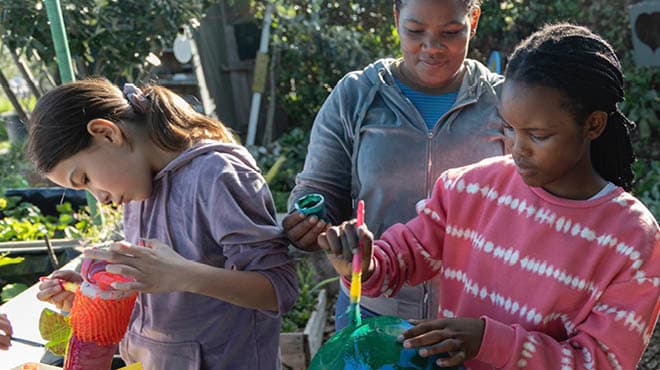
Health topics
Behavioral Health
Hometown Health Blog

Maintaining healthy relationships with age
Maintaining relationships and strong social networks as you age can contribute to a longer, healthier life. Read why having positive relationships is as important for health as nutrition and exercise.

Family meals: Building relationships
Eating as a family can be more than just shared conversations — it’s building relationships. Nutrition educator Katie Johnson shares a few tips that can make it easier to plan and prep meals.

Seasonal affective disorder: More than feeling sad
When days become shorter and colder with less sunlight, you may experience mild winter blues. However, seasonal affective disorder is more than feeling sad during certain months of the year.

8 common myths about suicide
Suicide is a growing public health crisis. An important step in prevention is to dispel myths that affect public perception. Get the facts on these 8 common myths about suicide.

11 tips for coping with an anxiety disorder
People with anxiety disorders experience frequent, excessive anxiety, fear and panic that can interfere with daily activities. Learn 11 lifestyle changes and strategies that can make a difference.

Preventing suicide through awareness and intervention
Risk factors don't cause or predict suicide, but identifying risks brings awareness of warning signs. Read four interventions you can do to help someone who is feeling suicidal.

Learn how to strengthen your resiliency muscle
Do you ever feel weighed down by negativity? Learn how to thrive through resiliency. Just as you train your muscles with exercise, use these seven strategies to strengthen your resiliency muscle.

5 ways slimming screen time is good for your health
How much time do you and your family members spend using screens? Reducing screen time allows you to be present in the moment. Learn about the many benefits of cutting down on screen time.

Understanding autism: The path to diagnosis, awareness and support
Diagnosing autism spectrum disorder can be challenging because of the distinctive pattern of symptoms. Learn about evolving awareness and treatments for neurodivergent conditions.

Emotional exhaustion: When your feelings feel overwhelming
When challenging events in life are continual, you can find yourself feeling emotional exhaustion. Learn how to sort through the causes and symptoms to regain a sense of well-being.

Naloxone overdose intervention: When minutes count
Minutes count when someone overdoses on opioids. That's why it's important to administer the over-the-counter, overdose-reversal medication naloxone. Read what you can do to save a life.

Finding joy in every phase of your life
In every chapter of your life, you can become overwhelmed by the day-to-day realities and wonder where the joy went. Joy is there, even during difficult times. Learn ways to help you find it.







